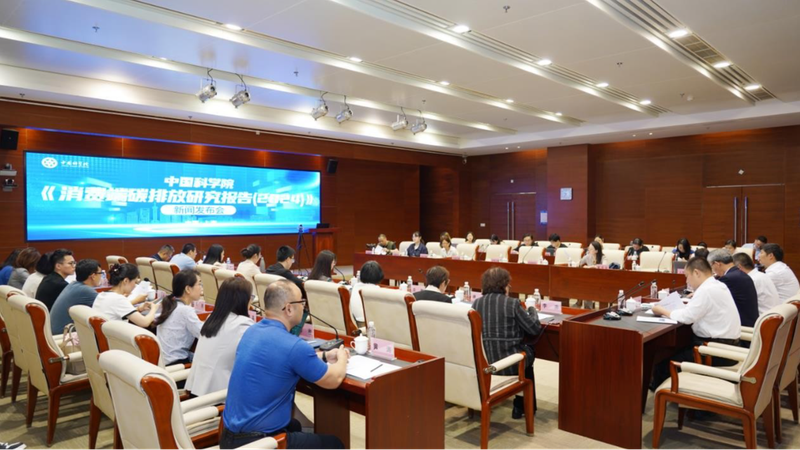Ever thought about who’s really responsible for the carbon emissions on our planet? 🌍
Chinese scientists just dropped a game-changing report in Shanghai on May 29, suggesting we need a fresh take on how we count global carbon emissions. Instead of just looking at who’s producing the emissions, they're saying we should also consider who's actually consuming the goods and services causing them. 🤔💡
The study, titled \"Research Report on Consumption-based Carbon Emissions (2024)\", is the brainchild of bright minds from the Chinese Academy of Sciences and Tsinghua University. 📚 They crunched the numbers from 1990 to 2019 and found some pretty interesting stuff about how emissions flow between countries through international trade. 📈🌐
Why Does This Matter?
According to Wei Wei, one of the lead authors, the usual way we calculate carbon emissions (known as production-based accounting or PBA) doesn't tell the whole story. It misses how international trade affects emissions. So basically, some countries might look greener than they really are because they're importing goods made elsewhere. 🌲🛍️
By switching to consumption-based accounting (CBA), we can get a clearer picture of who’s truly responsible. It's like figuring out not just who’s cooking the meal, but who's eating it too! 🍽️
The Findings 📊
The report highlights that from 1990 to 2019, developed countries had higher emissions when calculated using CBA compared to PBA. For developing countries, it was the opposite. China, for instance, is the world's largest undertaker of what's called \"embodied trade carbon emissions\". This means they're producing goods that cause emissions, but these goods are consumed elsewhere. 🌐🚢
But here's the kicker: China's getting greener! 🌿 Their carbon intensity in exported products dropped by a whopping 83.3% during that period. They're supplying more eco-friendly products to the world, like steel and photovoltaic products, even though they bear the carbon costs. ⚙️☀️
The Road Ahead 🚀
Wei Wei emphasizes that to hit global carbon reduction goals, countries need to team up and embrace scientific and technological advances. 🧪🤝 The report suggests improving how we calculate emissions by combining different methods and using better data. That way, we can share responsibility more fairly and actually make a dent in those global emissions. 🌎💪
\"It's all about fairness and teamwork,\" says Wei. \"We need to know who’s cooking, who’s eating, and how we can all clean up the kitchen together!\" 🍳👩👩👧👦
Reference(s):
Chinese scientists call for consumption-based carbon accounting
cgtn.com




